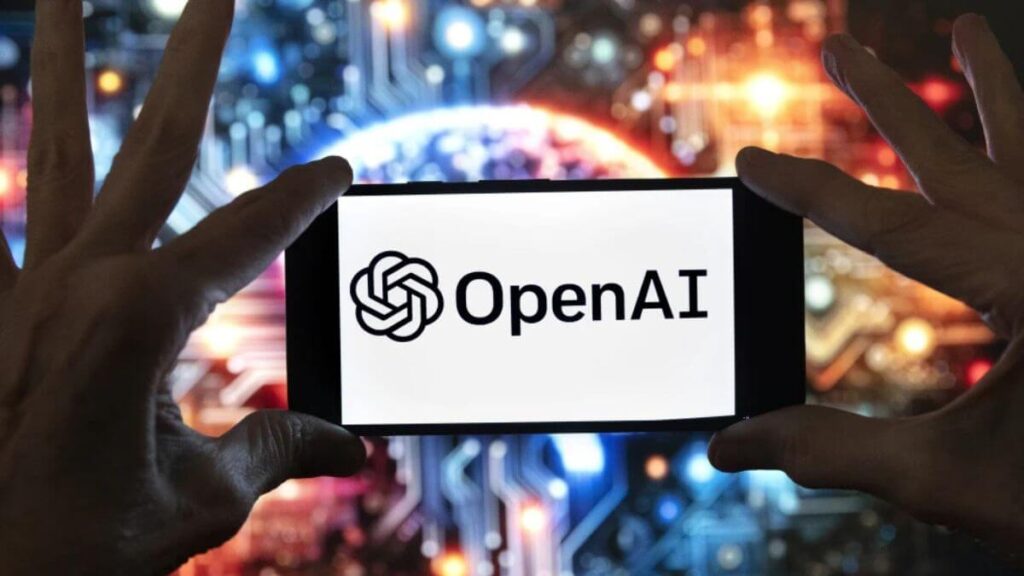Italy’s data protection authority, Garante, has fined OpenAI €15 million for violating ChatGPT GDPR regulations. The fine relates to ChatGPT’s handling of personal data during its operations. This decision highlights growing concerns about AI systems and user privacy.
The fine is linked to how ChatGPT collects and uses personal data for training. OpenAI processed users’ data without proper legal justification. It also failed to notify authorities of a security breach in March 2023. These actions breach the European Union’s strict data protection rules.
Garante accused OpenAI of lacking transparency. The company did not clearly inform users about how their data was being used. Users were left unaware of their rights to control, correct, or delete their information.
Another significant issue was the lack of age verification on ChatGPT. Without proper checks, children under 13 could access the platform. This raised concerns about exposing young users to inappropriate content.
A Communication Campaign Ordered by Italy
Beyond the fine, Garante ordered OpenAI to run a six-month-long communication campaign. The campaign must educate the public on ChatGPT’s data practices. It should explain what data is collected, how it is used, and how users can exercise their rights.
This campaign will appear on radio, television, newspapers, and the internet. OpenAI must also clarify how users and non-users can object to their data being used. This step aims to empower individuals to protect their privacy under GDPR.
Temporary Ban on ChatGPT and OpenAI’s Response
Italy previously banned ChatGPT temporarily in March 2023 due to data protection concerns. The ban was lifted a month later after OpenAI addressed some issues. Despite this, Garante decided the company’s efforts were insufficient.
OpenAI has called the fine disproportionate. The company plans to appeal the decision. According to OpenAI, the fine is nearly 20 times its revenue in Italy during the affected period.
The company reiterated its commitment to developing AI tools that respect users’ privacy rights. However, this case underlines the challenges of aligning AI innovation with strict privacy regulations.
Implications of the EDPB’s Opinion
The European Data Protection Board (EDPB) recently shared insights on AI and GDPR compliance. The Board stated that anonymized data used in AI does not violate GDPR. However, initial unlawful data processing remains a breach.
For example, if personal data is processed illegally but later anonymized, GDPR may not apply to the AI model’s operation. However, GDPR still governs any subsequent personal data processing during deployment.
The EDPB also issued guidelines for transferring data outside Europe while complying with GDPR. These guidelines are under public consultation until January 2025.
The Board stressed that data transfers to non-European countries must adhere to GDPR rules. If an organization provides personal data to a foreign authority, GDPR governs that transfer.
The Bigger Picture: ChatGPT
This fine against OpenAI shows the importance of data privacy in the AI era. It also reflects Europe’s strict stance on protecting users’ rights. Companies must prioritize transparency, security, and compliance when using personal data.
For users, this case highlights the need to stay informed about data privacy rights. It is crucial to understand how companies collect and use personal data. Taking control of personal information ensures better privacy protection.
Conclusion
Italy’s €15 million fine against OpenAI sets a significant precedent for AI regulation. It shows that companies must respect GDPR while innovating with AI technologies.
OpenAI’s case emphasizes the importance of transparency and accountability in the digital age. As AI systems grow more advanced, ensuring data privacy will remain a top priority worldwide.

